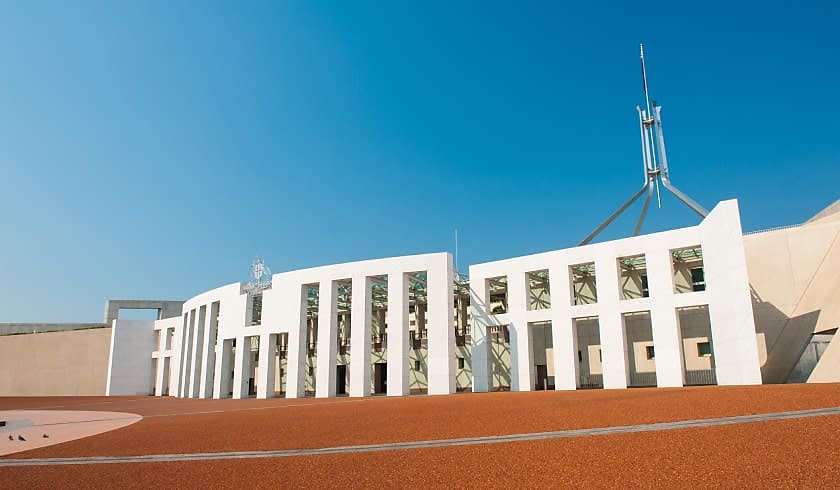5 ways the 2023 budget can fix Australia’s housing problem
Australia’s next federal budget, set to be delivered on 9 May 2023, has the potential to unlock and aid the nation’s housing problem, according to the country’s leading real estate body.

Hayden Groves, president of the Real Estate Institute of Australia (REIA), believes the budget should place an emphasis on five measures that could be immediately implemented and provide a remedy to the housing strife faced by many Australians currently. His five methods are:
- Commission an occupancy audit of all government-owned housing.
- Pin the rate of Commonwealth Rental Assistance to market rents.
- Make interest rates tax-deductible for first home buyers.
- Commission a rapid response study to identify faster ways to build houses.
- Work with local governments to identify latent capacity in housing stock.
Declining house prices, which fell by 1 per cent in January, and rising interest rates, compounded by the Reserve Bank of Australia’s (RBA) decision to lift the cash rate by 0.25 per cent at its February board meeting, have increased the pressure that many Australian home owners are facing in 2023.
Given the total value of Australian residential real estate fell $358.9 billion in the three months to September 2022 to $9.674 trillion — the largest quarterly rate of decline in over a decade — and the value of total new housing loan commitments declined 4.3 per cent last December, Mr Groves explained: “There are a range of Australian government initiatives in support of safer and more affordable housing.”
“These are welcomed, like the Housing Australia Future Fund, the National Plan for Housing and Homelessness and the National Affordability and Supply Council,” he said.
Mr Groves expects these initiatives will be reinstated in the upcoming budget, which, despite the looming pressure of inflation, “has a much better than expected economic outlook.”
He said these positive fiscal forecasts “does little to alleviate pressure on Australians seeking to buy or rent a home immediately and look to address structural issues inhibiting supply and affordability in Australia.”
Given the extent of the nation’s rental crisis, which has seen rental properties across the country attract extreme levels of interest, sometimes exceeding 50 applications, Mr Groves detailed the “REIA’s Budget Priorities – 2024 focuses on recommendations to assist Australians with the aim to deliver real solutions to Australia’s housing crisis now.”
“Immediate relief is needed,” he declared.
Additionally, the REIA’s Budget Submissions Priorities 2023–2024 contains two further recommendations:
- Unlock existing housing supply
- Build more houses
Last October, during the Labor government’s budget announcement, Federal treasurer, Jim Chalmers revealed the National Housing Accord with an ambitious plan to deliver “1 million new, well-located homes over five years from 2024.”
Earlier this month, a landmark legislation package that established a host of Albanese government election promises, including the aforementioned Housing Australia Future Fund (HAFF), National Housing Supply and Affordability Council, and Housing Australia, was introduced into Parliament.
With the HAFF sitting before the tenant, Mr Groves, in a recently penned opinion piece for the REIA, said senator David Pocock’s estimation that “the 30,000 homes the HAFF is set to deliver fall well short of fixing the needs of a very stressed housing system,” is correct.
“Much more supply is needed when it comes to Australia’s current and future accommodation needs,” the president said.
He labelled “decades of inaction by all governments” as to blame for vacancy rates in all Australian markets falling from 2018 highs, of as much as 7.3 per cent in Perth, to current low levels.
“This story — soaring rents, low-low listings — is the same in our cities, suburbs, and towns across Australia.”
Mum and dad investors, many of whom own a single rental property, supply 27 per cent of Australia’s housing stock. Mr Groves believes government reliance on this cohort means the nation is now “caught short” with rental supply shortfalls estimated to be around 500,000 residences.
While the REIA president welcomed the Albanese government’s policies, he noted they’re long-term in view, stressing the HAFF’s importance.
Mr Groves concluded, “There is much, much more work to be done to make Australia’s housing system fit for purpose.”
